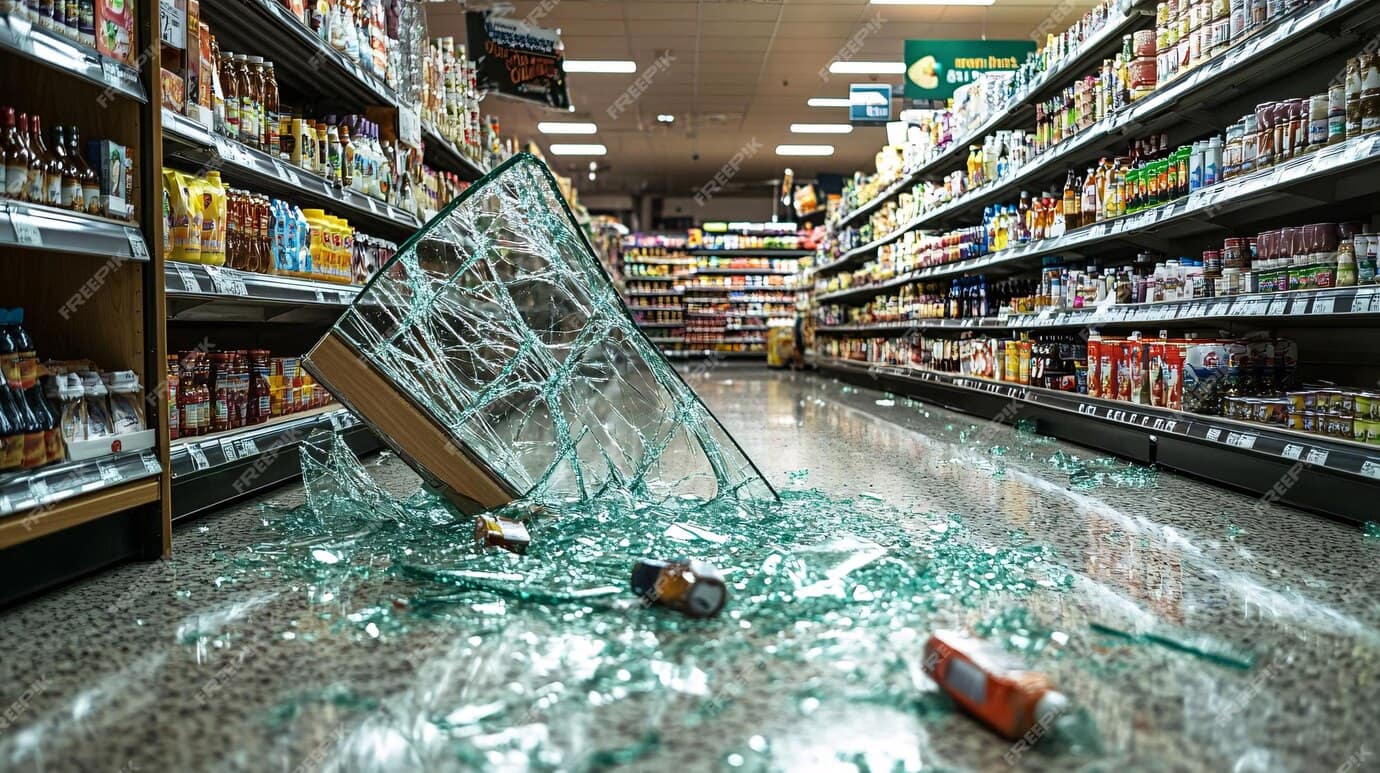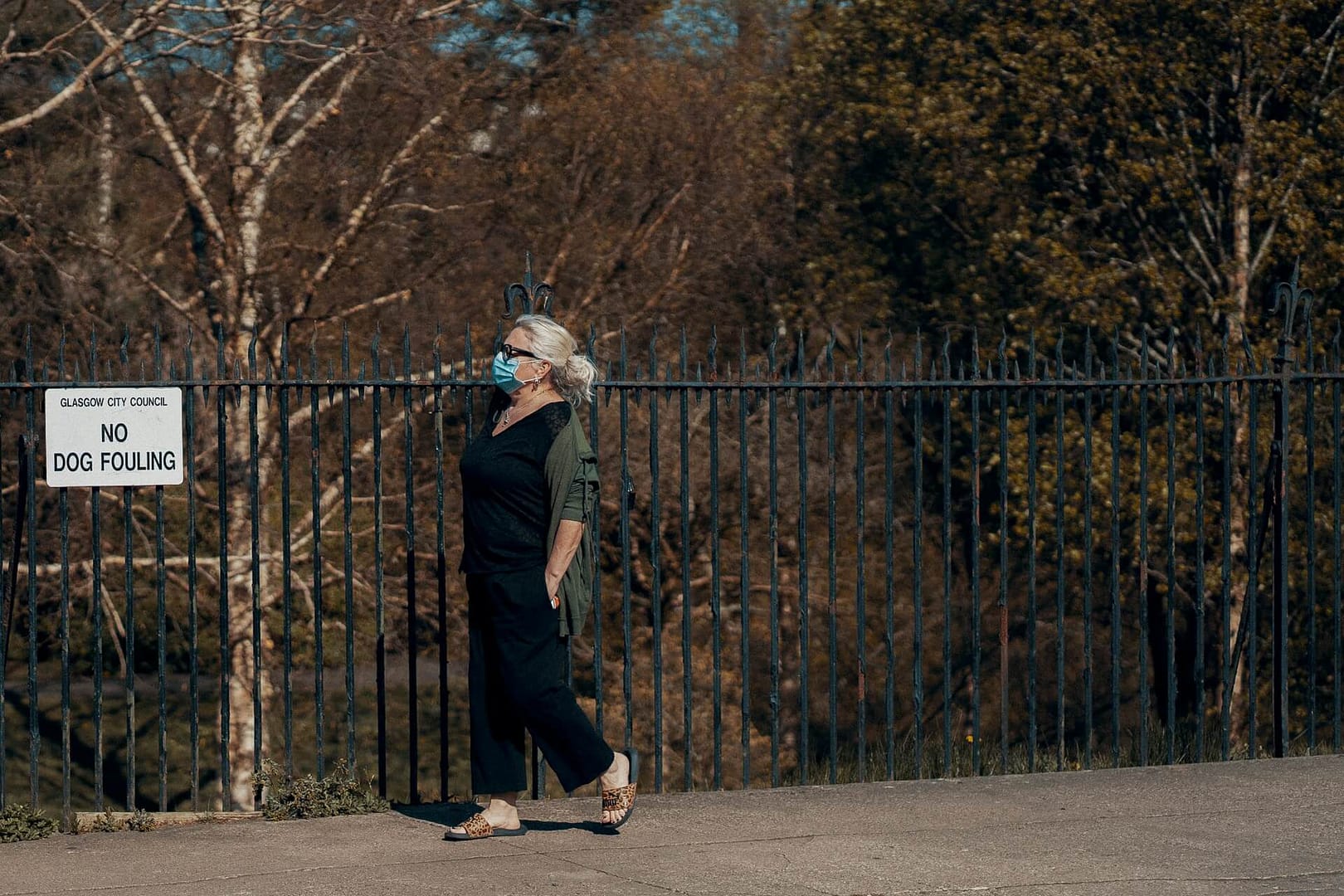Imagine this: you’re at your local supermarket, picking up a few items for dinner, when suddenly—whoosh!—you slip on a wet floor near the produce section. Maybe it’s water, or maybe it’s a spilled drink someone didn’t see. You didn’t even have a chance to react. You’re lying on the ground, embarrassed, in pain, and confused about what to do next. This scenario might sound far-fetched, but accidents in supermarkets happen more often than we’d like to think.
When accidents like these occur in places meant to be safe, questions arise about responsibility, liability, and compensation. If an injury happens and it wasn’t your fault, you may have grounds for a supermarket accident claim. In this article, we’ll explore the ins and outs of supermarket accident claims, what they entail, and how to approach one if you’ve experienced an injury. So let’s walk through the details together—no slipping involved!
Understanding Supermarket Accident Claims
A supermarket accident claim is a type of personal injury claim made by a customer who has suffered an injury due to negligence on the part of the supermarket. Supermarkets, like any business open to the public, have a duty of care to ensure their premises are safe for all who enter. If they fail in this responsibility and someone gets hurt as a result, the injured person can seek compensation for their injury, medical expenses, lost wages, and even emotional distress.
In the context of supermarket accidents, common incidents include slips, trips, and falls due to hazards like wet floors or obstacles. Supermarkets have a legal duty to maintain safe premises under the Occupiers’ Liability Act 1957. If they fail to do so, and an accident occurs, injured parties may be entitled to compensation.
Common Types of Supermarket Accidents
Supermarkets are busy places with high traffic and various hazards that can lead to accidents. Here are some of the most common incidents that might lead to an accident in supermarket compensation claims:
- Slip and Fall Accidents
Slips, trips, and falls are the leading cause of injuries in supermarkets. These accidents can happen for various reasons, such as wet floors, spilled products, or poor floor maintenance. For example, if an area of the floor is wet due to cleaning and there’s no warning sign, a customer might slip and suffer injuries. This type of accident is one of the most common causes of supermarket accident compensation claims. - Falling Objects
Items falling from high shelves can pose a serious risk to customers. Heavy objects like canned goods, glass jars, or even boxes can injure someone if they fall from a poorly stocked shelf. These types of accidents can lead to significant supermarket accident compensation claims, especially if the injury results in long-term harm. - Tripping Hazards
Loose mats, uneven flooring, or even cardboard boxes left in aisles can cause people to trip and fall. The busy nature of supermarkets means items can sometimes be left out, creating dangerous tripping hazards. This type of incident could result in a claim for compensation after an accident in supermarket. - Collisions with Store Equipment
Supermarkets use various equipment like pallet jacks, floor cleaners, and shopping carts, which can occasionally lead to accidents. For instance, if an employee is using a floor cleaner and bumps into a customer, causing them to fall or get hurt, this could lead to a claim for supermarket accident compensation.
Who Is Responsible?
In general, supermarkets have a legal obligation to ensure their premises are safe for customers. If an accident occurs due to a hazard that the supermarket should have reasonably addressed, they may be found liable. Here are a few factors that can contribute to determining responsibility:
- Failure to Warn: Supermarkets should put up warning signs if there are known hazards (e.g., wet floors). If a spill occurs and is not promptly cleaned or marked, the supermarket could be held responsible for any resulting accident in supermarket compensation claims.
- Poor Maintenance: Broken or uneven flooring, loose shelves, or faulty equipment should be fixed immediately. If such issues aren’t addressed, it reflects negligence on the supermarket’s part. Supermarket accident claims often arise from poor maintenance of the store.
- Lack of Staff Training: Employees should be trained to recognize and deal with potential hazards, such as cleaning up spills quickly or using equipment safely. If poor staff training leads to an accident, it may be the store’s fault and result in a valid accident in supermarket claims.
The Process of Making a Supermarket Accident Claim
If you’ve been injured in a supermarket and believe it was due to the store’s negligence, here’s a step-by-step guide to making a claim.
1. Seek Medical Attention
Before you think about a claim, it’s important to prioritize your health. Whether the injury seems minor or severe, you should see a doctor as soon as possible. Medical records will also be critical in supporting your supermarket accident claim later on.
2. Report the Incident
Inform a store employee or manager about the accident immediately. This ensures that the incident is logged, often in an accident report log book, which is standard procedure in most stores. The report should detail what happened, when, and any injuries sustained. Reporting the incident will also strengthen any future supermarket accident claims.
If an accident logbook is unavailable, a written record should be created and documented, either by noting the details in a physical logbook or by saving them in an email. This ensures that the incident is formally recorded for future reference.
3. Gather Evidence
If possible, take photos of the accident scene, the hazard, and any visible injuries. Photos are powerful evidence, especially if the hazard (like a spill) is cleaned up quickly. Additionally, gather contact information from any witnesses who saw the accident. This can help strengthen your case for supermarket accident compensation.
4. Keep Track of Expenses
Document any expenses related to your injury, such as medical bills, prescriptions, lost wages, transportation costs for hospital visits, or even the cost of hiring help if you’re unable to manage daily tasks. These can be included in your accident in supermarket compensation claim.
5. Legal Advice:
If you’re unsure about the process, contact National Claims. We’ll assess your eligibility for a claim and connect you with solicitors who specialise in supermarket accident claims. Their expertise will make the process smoother and increase your chances of success. They’ll assist you with the necessary documentation, represent your interests, and handle negotiations on your behalf.
What Can You Claim for in a Supermarket Accident?
If your claim is successful, there are several types of compensation you may receive:
- Medical Expenses: This includes the cost of any medical treatment, prescriptions, physical therapy, or rehabilitation.
- Lost Wages: If your injury prevented you from working, you could claim for lost income. This is especially important if you’re unable to work for an extended period due to the injury.
- Pain and Suffering: Compensation for physical pain, emotional distress, and any long-term impact on your quality of life.
- Additional Expenses: Any other out-of-pocket expenses related to the injury, such as transportation or caregiving costs, may also be covered under supermarket accident compensation claims.
How Much Compensation Can You Expect?
The compensation amount depends on factors such as the severity of your injury, the impact on your ability to work, and any lasting effects on your life. For example, a minor slip might result in modest compensation for medical expenses, while a severe injury leading to long-term disability could result in a much higher payout. An experienced solicitor can help you understand how much compensation you may be entitled to for your supermarket accident compensation claim.
Tips for Preventing Supermarket Accidents
While supermarkets have a responsibility to keep their premises safe, customers can also take some precautions to avoid accidents:
- Stay Alert: Watch for warning signs and avoid areas that appear wet or hazardous.
- Wear Appropriate Footwear: Shoes with good traction can help prevent slips.
- Report Hazards: If you notice a spill or other hazard, alert a store employee to help keep others safe.
Final Thoughts
Supermarket accident claims serve an important purpose. They provide compensation to people who have been injured due to negligence, but they also encourage supermarkets to uphold high safety standards. If you’ve been hurt in a supermarket, understanding the claims process and your rights can make a significant difference in navigating the aftermath.
For further guidance and personalized support, you may want to speak with a legal expert in supermarket accident compensation claims. With the right support, you can pursue fair compensation and contribute to making supermarkets safer for everyone.
Whether it’s a slip, a trip, or something more serious, remember that you don’t have to go through it alone. Injuries can have a lasting impact, and securing the compensation you deserve can help you focus on what matters most—your recovery.
Start your claim today
Don’t hesitate to seek assistance if you’ve been injured in an accident. For a free consultation, call us today on 0800 029 3849 or request a call back By filling the form, and we will connect you with a solicitor from our panel of solicitors who will be able to assess your case.

We’re proud of our excellent customer reviews
We thrive on delivering exceptional service and ensuring our clients’ satisfaction. Don’t just take our word for it. Check out some of our independent reviews to see what our clients have to say.
Excellent

This firm is excellent, they sorted out my car pay out and injury claim very fast, they always communicate with you all the time.

My accident case was dealt with confidence and with great result of the outcome, especially James kept me informed all the time.

I was very impressed at the way my inquiry was treated. I was listened to attentively and everything I needed to know was explained to me.






